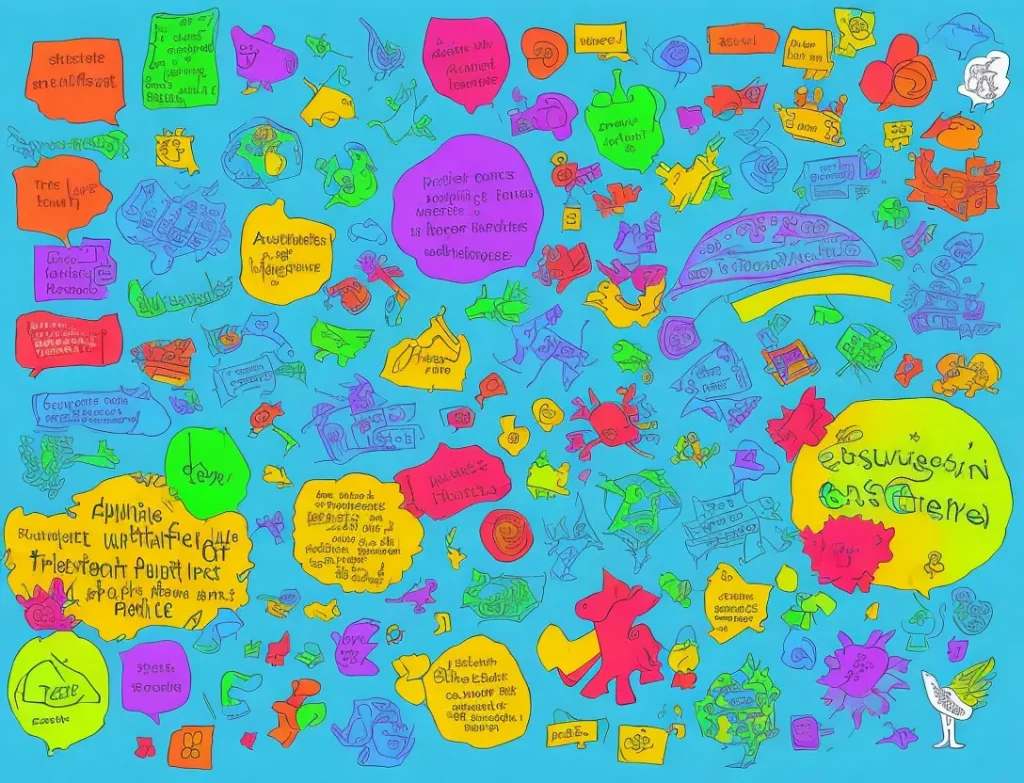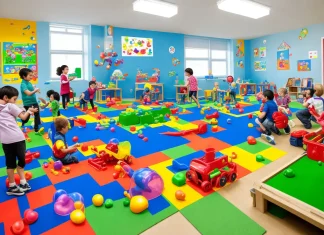Introduction
Being a parent of an autistic child can be both a rewarding and challenging journey. Understanding and supporting the unique needs of your child is crucial for their development and well-being. In this article, we will explore various autism resources available for parents, equipping them with knowledge, support, and strategies to enhance their child’s growth and happiness.
Understanding Autism: Definition and Prevalence
Autism, or Autism Spectrum Disorder (ASD), is a complex neurodevelopmental condition that affects communication, behavior, and social interaction. It is diagnosed in early childhood, and its prevalence has been steadily increasing in recent years.
Early Signs and Symptoms of Autism
Recognizing early signs of autism is vital for early intervention and support. Some common indicators include delayed speech development, repetitive behaviors, difficulties with social interactions, and intense focus on specific interests.
Diagnosing Autism: Importance and Process
Early diagnosis of autism can lead to timely intervention, providing children with better opportunities for growth and development. The diagnostic process involves careful observation, interviews, and the use of assessment tools by qualified professionals.
Supportive Approaches for Parents of Autistic Kids

Raising an autistic child comes with unique challenges, but with the right support, parents can help their children thrive. Building a strong support network, gaining knowledge through education, and seeking counseling can make a significant difference.
Autism Resources for Parents
Parents can access a wealth of autism-specific resources that offer valuable information and guidance. Online communities, parenting books, and support groups can provide insights and comfort during challenging times.
A Holistic Approach to Autism Management
Taking a holistic approach to autism management involves combining therapies, interventions, and lifestyle adjustments to address various aspects of a child’s development.
Embracing Neurodiversity: Celebrating Differences

Embracing neurodiversity means acknowledging and valuing the differences in individuals with autism. It encourages a society that appreciates the unique perspectives and talents of every individual.
Creating an Inclusive Environment
Promoting inclusivity is essential for supporting children with autism. Advocating for inclusive education and fostering an accepting community are crucial steps toward creating an inclusive environment.
Nurturing Skills and Talents of Autistic Children
Identifying and nurturing the strengths and interests of autistic children can boost their self-esteem and open new avenues for personal growth and success.
Coping with Challenges and Celebrating Successes
Parenting a child with autism can be challenging, but it’s essential to overcome obstacles and celebrate even small achievements to foster a positive environment.
Overcoming Parental Stress and Burnout

Parenting can be overwhelming, especially when caring for an autistic child. Finding ways to manage stress and prevent burnout is vital for the well-being of both parents and children.
Preparing for Transitions: Adolescence to Adulthood
As autistic children grow into adolescence and adulthood, preparing them for independence and life skills becomes crucial. Vocational training and independent living support can facilitate a smooth transition.
Advocating for Autism Awareness and Rights
Advocacy plays a vital role in creating awareness and understanding of autism. Engaging in advocacy efforts can lead to positive changes in society’s perception and support for individuals with autism.
Conclusion
Raising a child with Autism Resources for Parents of Kids requires dedication, support, and access to valuable resources. By embracing neurodiversity, creating inclusive environments, and advocating for autism awareness, parents can positively impact their children’s lives and help them reach their full potential.
FAQs
What causes autism in children?
The exact cause of autism is still not fully understood, but it is believed to result from a combination of genetic and environmental factors.
What are some common therapies used for autism management?
Applied Behavior Analysis (ABA), Speech Therapy, Occupational Therapy, and Social Skills Training are some common therapies used to support autistic children.
Are there any online forums for parents of autistic kids?
Yes, there are several online communities and forums where parents can connect, share experiences, and seek advice from others who are on a similar journey.
Can autism be cured?
Autism is a lifelong condition, but early intervention and appropriate support can significantly improve a child’s development and quality of life.
How can parents promote their child’s social skills?
Encouraging participation in group activities, facilitating playdates, and teaching social skills explicitly can help enhance a child’s social interactions.



























